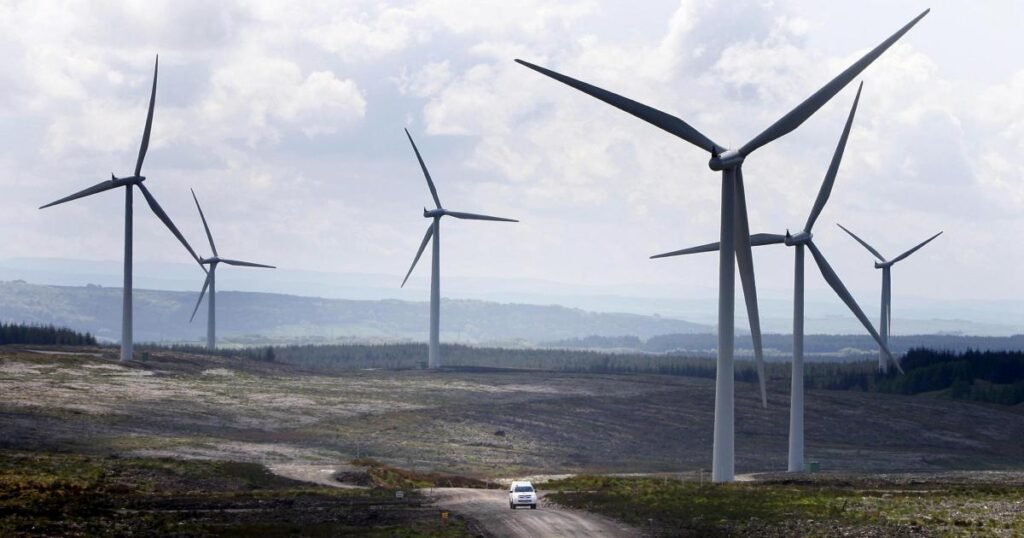It follows mounting criticism from the industry about the potential consequences for investor confidence and infrastructure investment.
There was also some concern from No 10 that it could lead to higher energy bills in the rest of the UK.
READ MORE
The zonal pricing scheme would have divided the UK into regional electricity markets, rather have a single price for the whole country.
That would have seen prices lower in areas with abundant renewable generation, such as Scotland, but higher in parts of southern England, where more energy is consumed than produced.
Octopus Energy chief executive Greg Jackson, a strong advocate of the reforms, argued it would deliver substantial savings to consumers and cut the cost of updating the national grid.

However, there was widespread opposition across the energy sector to the scheme.
Alistair Phillips-Davies, the outgoing chief executive of SSE, described zonal pricing as a “huge mistake” that would create a “postcode lottery” and raise bills by £200 to £300 for some households.
“It would inject more than five years of uncertainty, raise the risks and costs of investments, and ultimately leave us more exposed to gas prices for longer,” he wrote in City AM. “Ruling it out would generate an immediate boost to investment.”
SSE, Scottish Power, RWE and major trade associations — including Scottish Renewables and RenewableUK — were also fiercely opposed.
The energy companies warned that uncertainty around zonal pricing was already making it harder to plan new wind and solar projects and if the electricity market is redrawn, it would make projects too risky to push on with.
Keith Anderson from Scottish Power said: “We want to get prices down but need to be careful reforms don’t unintentionally drive them up.”
A recent report by the UK Energy Research Centre warned that the next round of government auctions for new wind farms could cost £20 more per megawatt-hour than expected, simply because investors would need to price in additional risk.
If strike prices — the guaranteed price the government agrees to pay renewable energy developers for every unit of electricity they generate — rise in this way, the overall cost to consumers would need to increase.
READ MORE
One government source told The Guardian that Ed Miliband, the Energy Secretary, who had initially been supportive of zonal pricing, had been persuaded by these arguments.
They said: “The government has been weighing this up carefully and concluded that the benefits of delivering the clean power mission at pace, particularly given the expected impact of imminent grid upgrades; the need to deliver on the coming renewables auctions; and the significant risk premium being attributed to the UK by international investors, would outweigh the purported benefits of zonal pricing — which at any rate would take beyond the next election to implement.”
The plan was first proposed by the Tories as a way to encourage heavy electricity users to relocate to areas where there is more generation.
While the SNP were initially supportive they became wary after hearing concerns from the sector.

